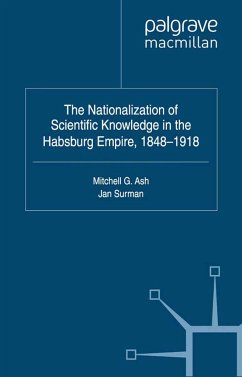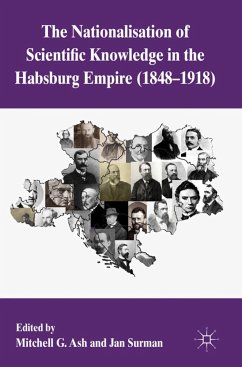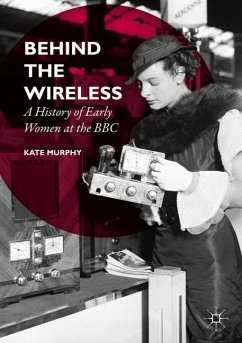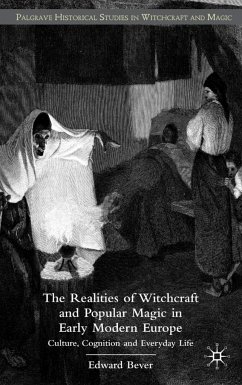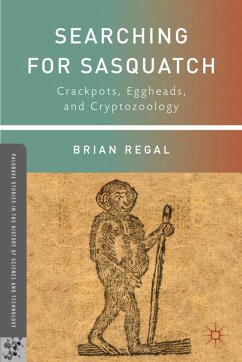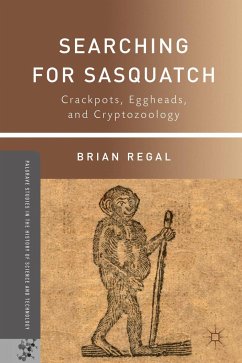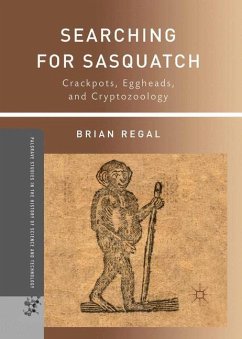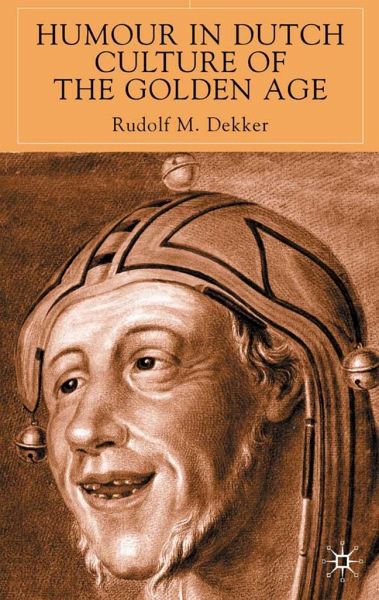
Humour in Dutch Culture of the Golden Age
Versandkostenfrei!
Versandfertig in 2-4 Wochen
123,99 €
inkl. MwSt.

PAYBACK Punkte
62 °P sammeln!
The humorous side of Dutch culture of the seventeenth century is obscured by a change that took place around 1670. Religious treatises and books of manners warning against laughter contributed to a new image, that of the humourless, Calvinist Dutch. Mainly based on a manuscript with some two thousand jokes, the lost laughter of the Golden Age is reconstructed and analyzed. Most jokes are crude and obscene, and they throw new light on attitudes towards sexuality, religion and other aspects of life.



